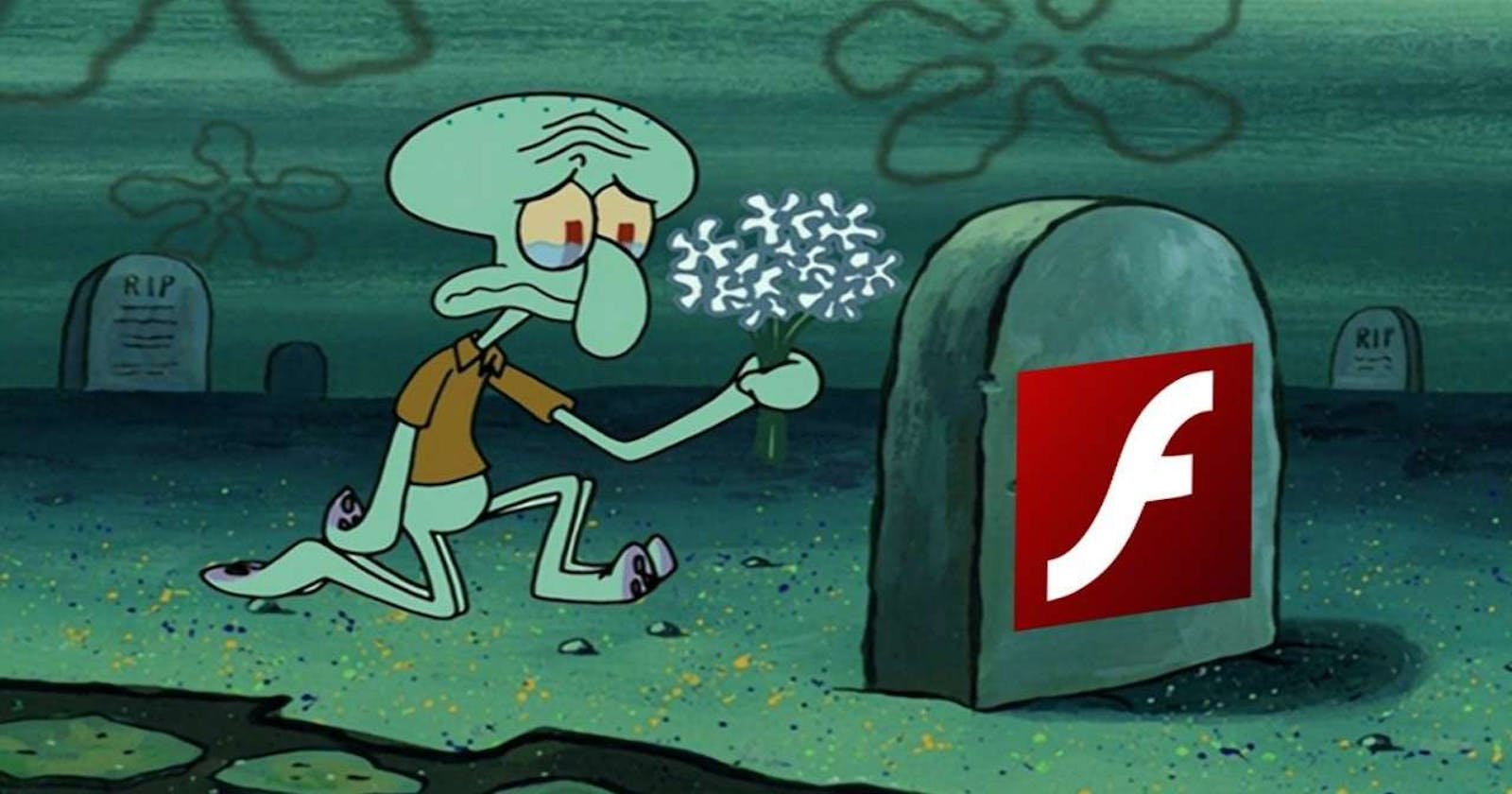Five years ago I tried to start something called 'Data Restore Foundation'; aiming to create an immutable repository for internet indexing.
I was talked down by the 'community'.
Since then I have watched as the Internet Archive, Wikipedia, Wayback machine, Google and others have repeatedly tempered, removed and undoubtedly tailored content. At the time, around 2014 convincing people this was need seemed impossible. Because I had no political motivations which in hindsight points me to my failure, my technical motivations seemed easy to talk down.
We couldn't predict that organizations as the ones named above would blatantly go against their own ideals to cater to political pressure. During most of my life I had no clear political compass, the thought of technology being politically motivated wasn't one of my main concerns.
My technical concerns on the other had seemed obvious; ransom ware attacks, database failure, hacking, potential doomsday scenarios or the inevitable replacement of the internet by a purely app based eco-system.
Other less obvious problems is very well known for developers.
Maintaining legacy systems that can be backwards compatible with old browsers, document types and media is one of the main reasons for the slowdown in development. Webdevs often complain about Safari, which is now the least advanced browser in the market and often drags development behind for every app that needs it.
Eventually the internet will move past browsers and legacy content will become unreadable, Adobe Flash is now the biggest example of it as you rarely can find an easy way to run it. The fact that mobile apps and HTML5 pushed for the death of the Flash Player made it obvious that eventually legacy code will be as hard to see online as floppy disks are today.
I still have some hard drives from the early 2000s and I need very specific ports to be able to connect those. I tell myself everyday I will do that, but I never did.
Its not a stretch to say that much of the internet will become unreadable in new devices.
The idea of an immutable internet repository, or as I called it 'DRF', Data Restore Foundation, was not only to have a team working to keep legacy content alive and at reach, but also to be able to trace back the history of the internet without the possibility of modifying it.
Currently the Internet Archive host around >10 Petabytes of data, this amount of data is hardly something a normal person could pay for. Its also important to note that the servers would need to be independent from Amazon, Google and others. Initially my idea was to have physical servers, but after much thought I realized that P2P protocols would be the way to move forward, needless to say, many said such enormous database wouldn't work on P2P protocols, until now.
I couldn't pitch this idea properly at the time around 2014 because there was no clear evidence of data being removed, there were no changes being made to the history of the internet like today and the Flash Player was still alive.
Nobody could predict this. I certainly didn't predict that the internet would be changed the way it did. When first trying to convince a few friends and other anonymous people of the idea I was pointed to the back bones of internet repository such as Internet Archive and Wayback Machine. To be fair, my doomsday scenarios did seem silly. Maybe a political position would have worked better as Wikileaks already was a big thing. Personally I do not care for what content is removed or how, my interest is to create an archive that can trace back in familiar fashion and can't be modified regardless of data, I'm not sure how 'illegal' data should be treated, that's an entirely new conversation topic.
My solutions for this now is to move forward with P2P protocols. Something similar to chia.net, but completely focused in keeping indexes. One positive side of using blockchain and even having a token is to be able to have enough developers that could receive proper care as they try to keep legacy content alive and well.
We really don't know if our old blogs, flash games, mpeg files and any other media will work in the future. I wouldn't be surprise if in 10 years we had to run Virtual Machines just to open old files.
